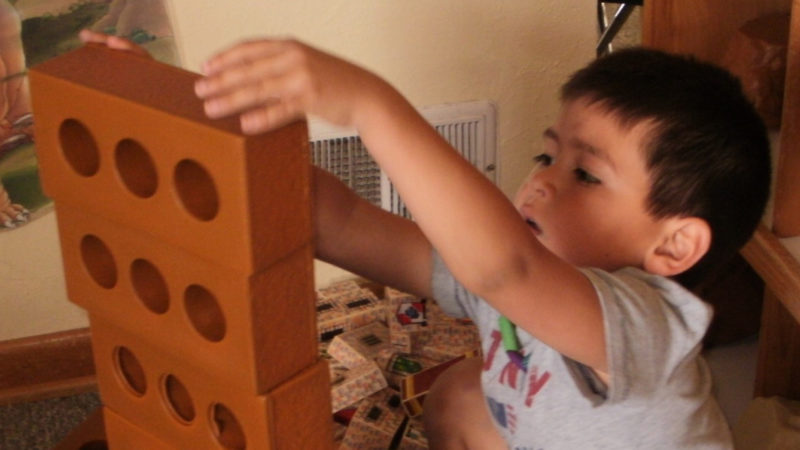Brain and emotional development are happening all the time for our growing children, but as parents and caregivers, we can do very simple things to help each brain building moment have even more impact.
Simply articulating what little Joey is experiencing drives his linguistic skills exponentially. “Oh, those peas just fell off your spoon.” For you, the ability to describe what happened seems too simple to be necessary, but have you ever seen a toddler try to explain something that just happened? It can be excruciatingly difficult for them. (Often hilarious for us.) Putting the scene into a simple sentence for him will help foster those budding skills in him.
Maybe the pea falling off the spoon struck him as funny. Or perhaps frustrating. Either way, resist the impulse to snap at him to quit dinking around at the table, or to “man up,” or some other shaming and unhelpful response. Instead, talk to him. “Oh, Joey thinks it’s funny?” or “Is that making you feel frustrated?”
You’re not only helping him learn to use words, you’re also helping him do something quite profound (and something many adults still find difficult): naming his emotions. Identifying one’s emotions, of course, is the first step, and an absolutely necessary step toward properly managing those emotions.
Simply put, every time we interact positively with a child, we are helping them develop in a multitude of ways that may not be obvious right off the bat.
Try letting your child take on some of the responsibilities you normally do without even thinking. About to walk out of the house, take the extra minute to stop at the door and invite your toddler to turn off the light. She may have never gotten to do that yet. She may not have even been aware that those funny little switches on the walls are causally related to the lights on the ceilings.
Running errands, try handing the list over to your elementary schooler. Put her in charge of telling you what’s next and marking things off the list. By involving our children in the million little daily tasks we can do quite unconsciously, we are engaging them, empowering them, and bonding with them. As a fringe benefit, notice how much more agreeable the engaged and connected child is than the one we’re simply carting around from task to task.
Every moment in a child’s life is a learning moment, and as an adult you don’t have to be a teacher per se to help make that moment’s development even greater. Just be present whenever you can be. Fully present and interactive, talking to your child, asking questions, and sharing activities.
For more ideas on simple brain building activities you can build into everyday activities, visit JoinVroom.org.
Written by Jessica Wierzbinski, a freelance writer for Early Childhood Councils throughout Colorado.
